- Conflict leaves Arakan’s historic pagodas in ruins as restoration stalls
- Siaha border gate reopens for India–Arakan trade while Lawngtlai remains closed
- Arakan Army’s handover of 73 Bangladeshi fishermen signals potential boost in border cooperation
- Myanmar military officers accused of profiting from dismantled homes in Sittwe villages
- DMG Editorial: A Parliament Without the People Cannot Govern Arakan
PPST spokesman paints grim picture of Myanmar’s post-coup prospects
In the aftermath of the February 1 coup, Myanmar’s political, economic and conflict dynamics have been deteriorating and could be headed for a “worst case scenario,” warned Yebaw Myo Win, vice chairman of the All Burma Students’ Democratic Front (ABSDF) and a spokesperson for the Peace Process Steering Team (PPST).
09 Dec 2021
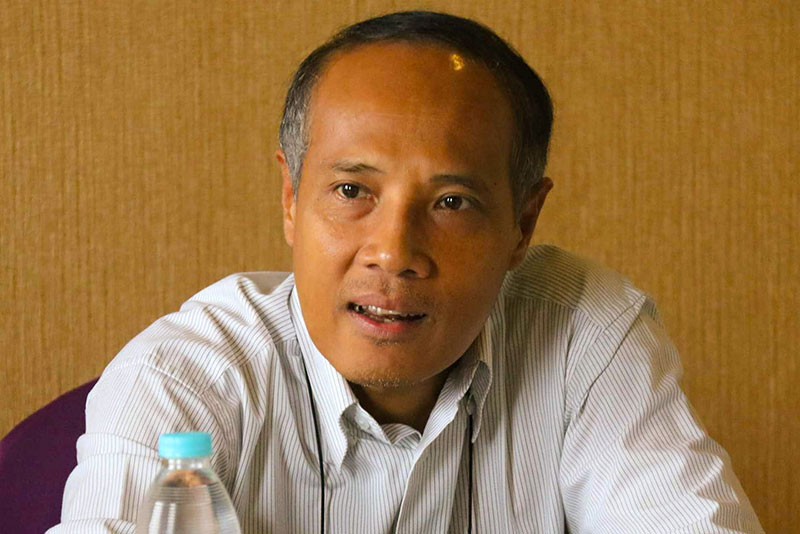
DMG Newsroom
9 December 2021, Sittwe
In the aftermath of the February 1 coup, Myanmar’s political, economic and conflict dynamics have been deteriorating and could be headed for a “worst case scenario,” warned Yebaw Myo Win, vice chairman of the All Burma Students’ Democratic Front (ABSDF) and a spokesperson for the Peace Process Steering Team (PPST).
“If this continues, the country could be in a ‘worst case scenario’ situation … [in which] it will not be possible for the military council to reach a political solution,” he said.
The PPST, which is made of the 10 ethnic armed groups signatories to the Nationwide Ceasefire Agreement (NCA), suspended political talks with the junta government after the military seized power in February.
The PPST was formed in 2015 to facilitate peace talks between the ethnic armed group signatories and the military and government, under the NCA framework.
Yebaw Myo Win said the PPST has more recently set up a coordination committee to help resolve the current crisis in Myanmar, and is working with relevant groups at home and abroad.
“The committee set up by the PPST is to find a solution to the political crisis caused by the electoral dispute rather than to implement the peace process,” he explained.
The PPST has previously offered its support for the anti-junta Civil Disobedience Movement (CDM), saying in February: “We strongly support all public mobilisations and movements including the CDM against dictatorship and the military coup. We are committed to finding all possible means to provide necessary support for the public movement.”




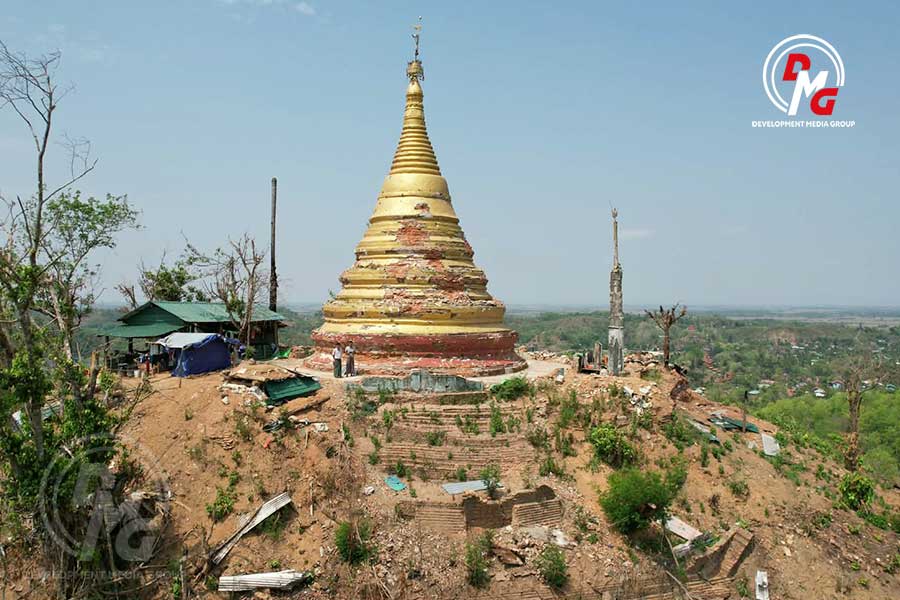
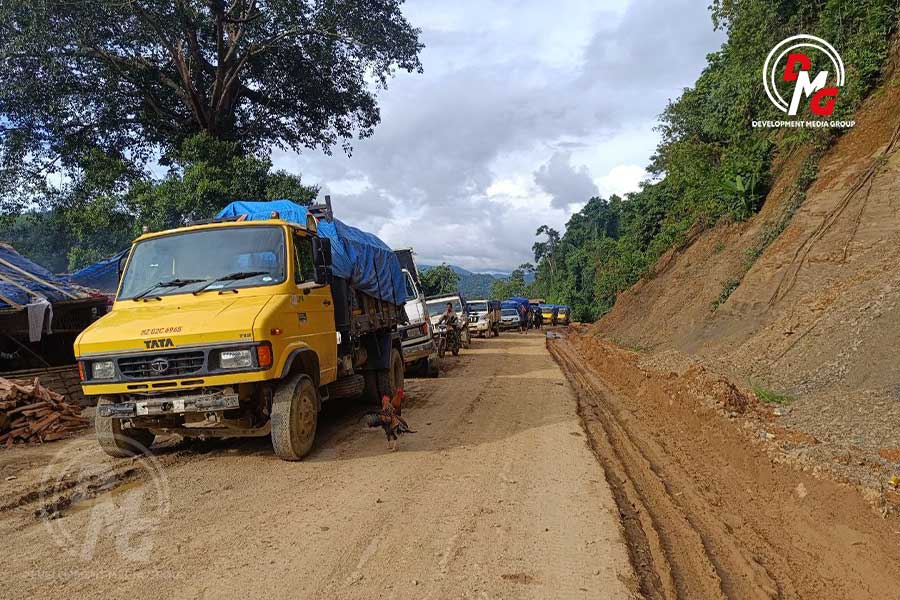
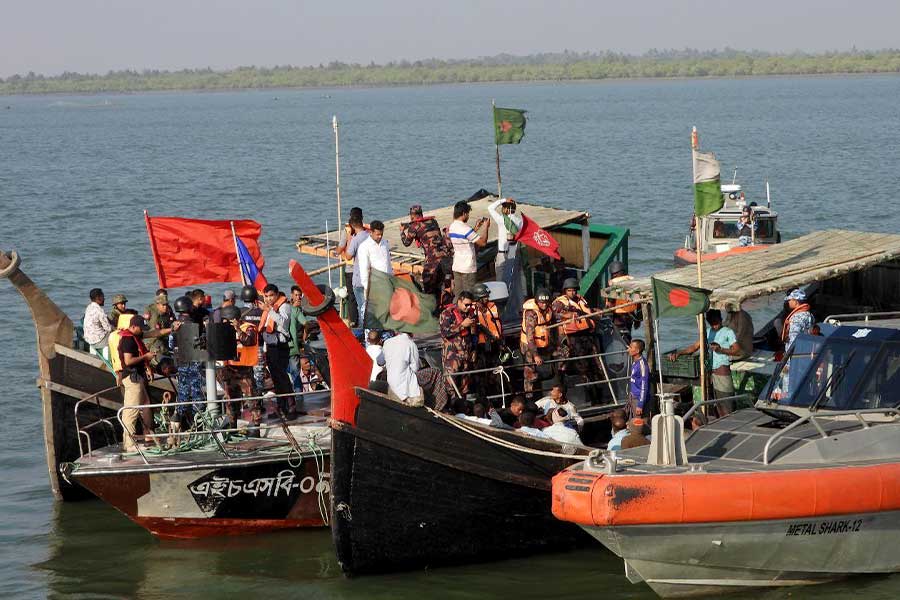
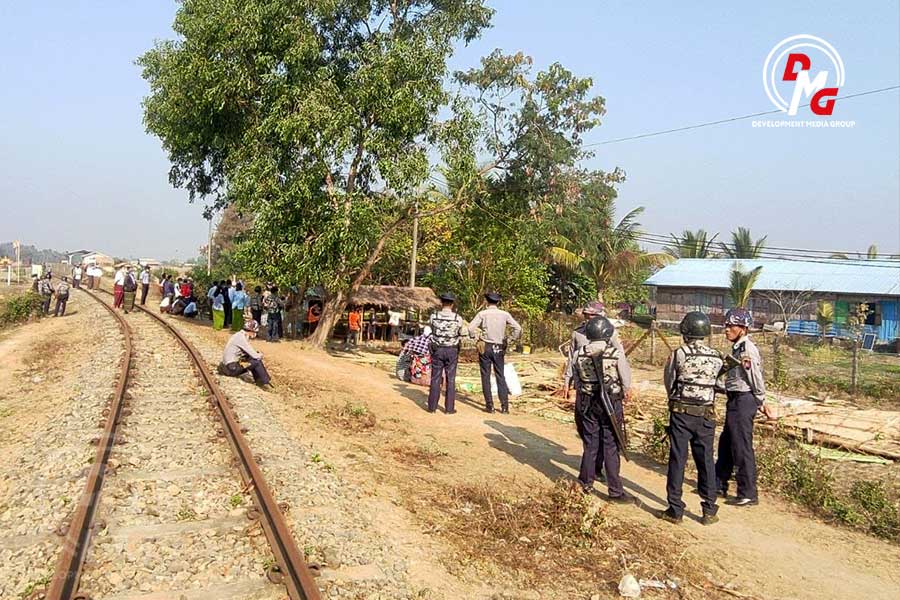
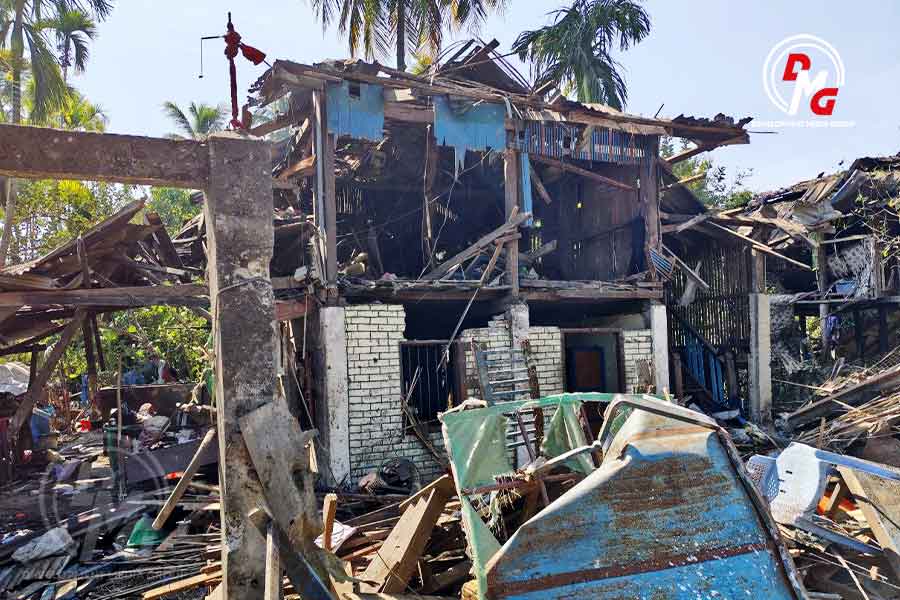







.jpg)
